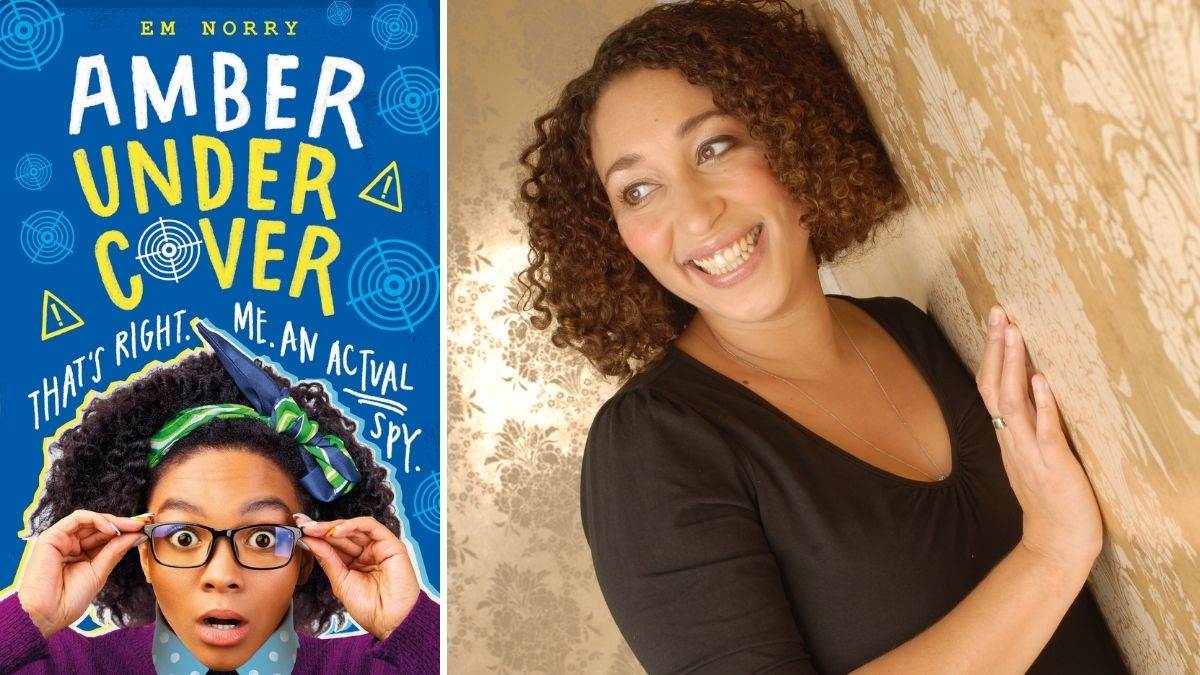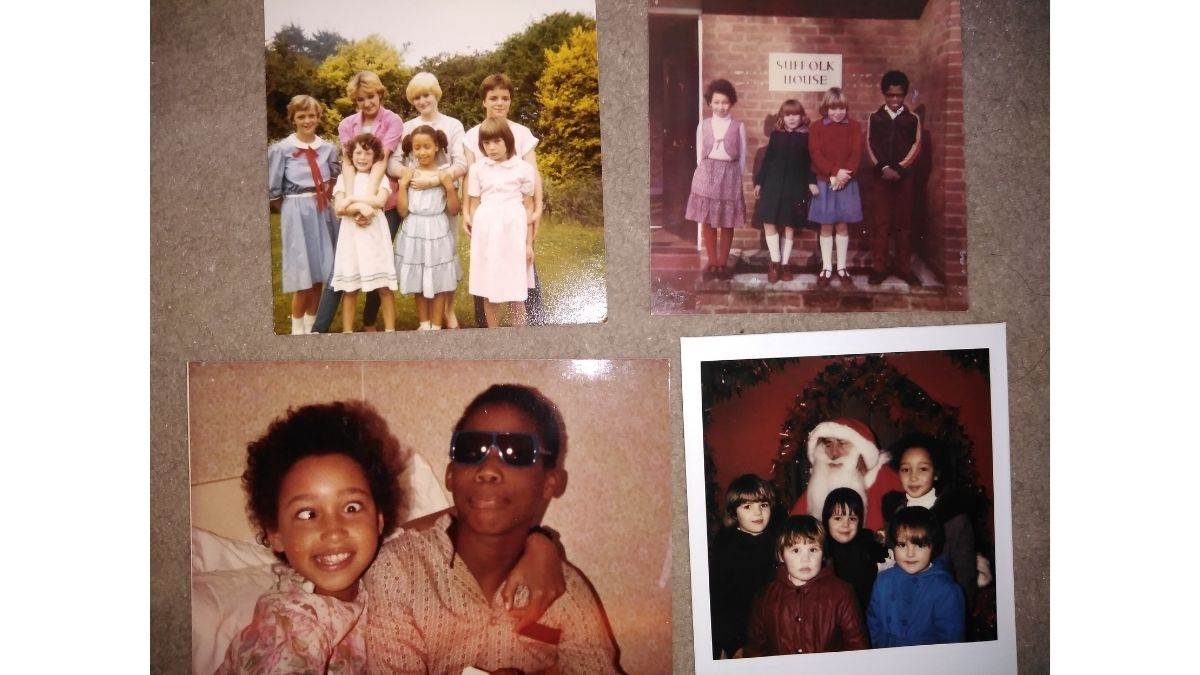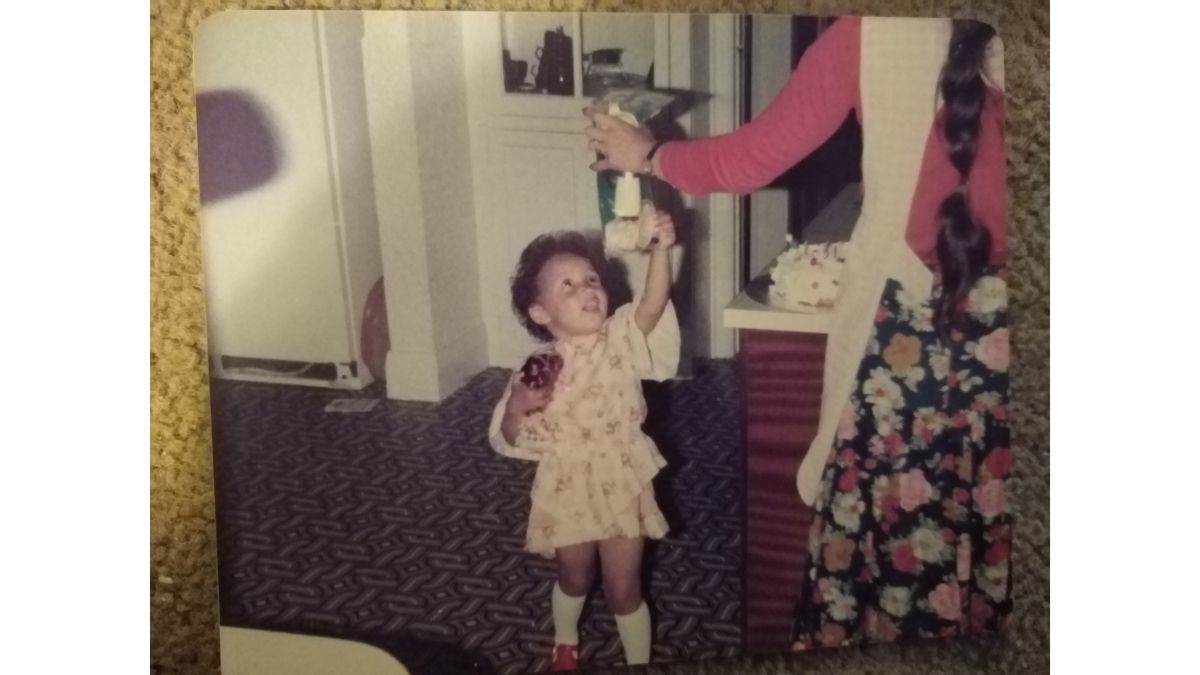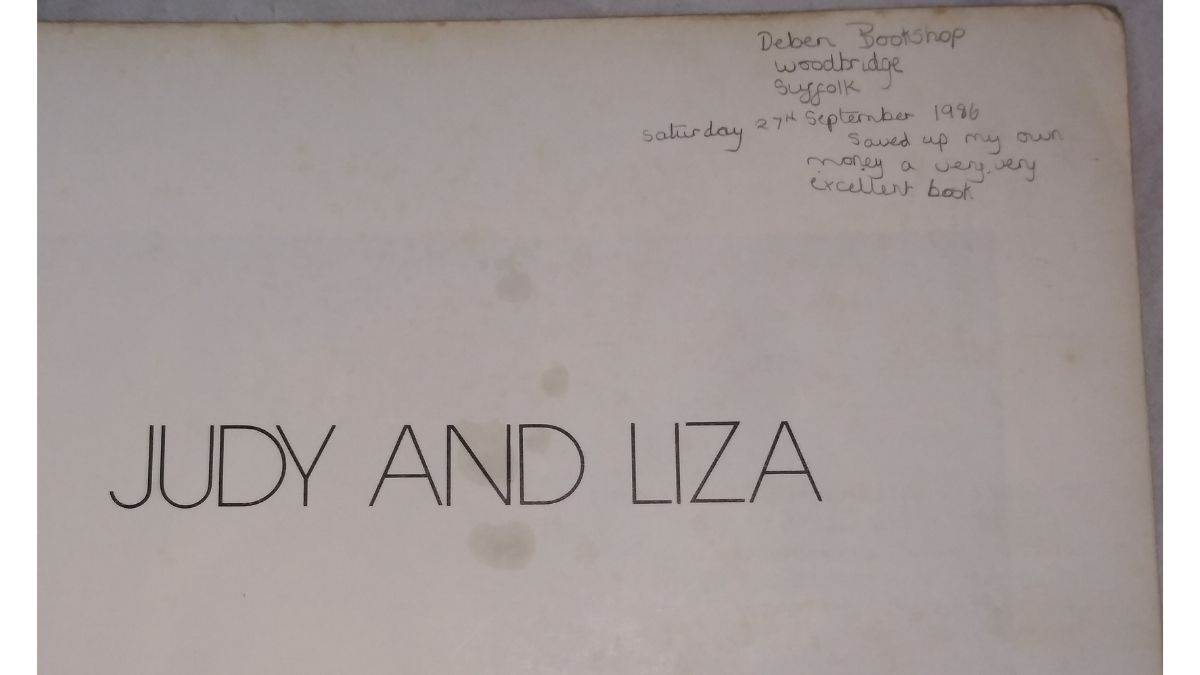How Em Norry found hope in books
Published on: 4 Ebrill 2021 Author: Em Norry
Author Em Norry spent a lot of her childhood in care and foster placements - which was sadly not always a happy experience for her. She explains how finding the 'healing power' of reading and writing helped her find hope and strength growing up.

It's not like school - this is how you live
I was in care in Cardiff, Wales in the 70s and 80s and being in care ‘back then’ was a very different experience to how it is today.
You’re thrown together with children from different backgrounds, many with challenges, and it’s not the same as school where you might be able to ‘go home’ at the end of the day, this is how you live. I went to four or five foster placements in between the children’s home in Cardiff. And, after a foster placement broke down, I was sent to boarding school aged thirteen. Overall, that was a positive experience, probably because in many ways it was similar to being in care. Both experiences have made me supremely adaptable, flexible and resilient – qualities that I’m now, as a woman, writer and parent, delighted to have, but there have been ongoing challenges too: experiencing a mental health breakdown in my 20’s after holding it together for so long, putting myself through university and having to work throughout, becoming a parent, and the ongoing issue of validation, making myself proud, never feeling quite clever or good enough.
Because I was placed in care so young – around 18 months old the first time – for me it was always ‘normal’.
It seemed odd and weird to me to always live in the same place with the same faces! It wasn’t until I was much older that I realised that living in a huge house with many other children wasn’t how everyone lived. And of course, back in those days, we had a lot more freedom, so I would walk to school myself aged six or so. Then, in foster homes, go on long ten or twelve mile bike rides armed with only books and a picnic blanket aged ten and eleven.
 Photos courtesy of Em Norry
Photos courtesy of Em Norry
Reading about 'the real world'
A few years ago I requested my records, which was eye-opening and disturbing in equal measure. I wrote my first book – a YA novel – based on a lot of my experiences. It ended up being very therapeutic. It’ll sound unbelievable now, but back then… if you had nowhere to go at Christmastime, you could go home with a member of staff. I have vivid memories of going home with the formidable, often ‘scary’ boss of Suffolk House, and having the most magical time. Seeing what a normal house looked like at Christmas profoundly affected me - I’d never seen anything like it.
My Dad is Jamaican, although I have never met him. My mother is Jewish and was a heroin addict. She couldn’t give up drugs and was in and out of prison through my childhood due to petty crime. I used to visit her in prison. I got used to being let down when she promised visits… sitting by windows waiting for hours, too worried to even use the toilet in case I’d miss her. And then being allowed back with her for some weekends, but sometimes being left alone with no food in a cold flat.
Books quickly became my life as soon as I was able to read.
Once I’d read a story, I’d relive the characters and story over and over, even if the book wasn’t with me (toys and things never lasted long in a children’s home!). But the only books about ‘care’ that I could find were about orphans, and they were always romantic. I never minded that… I was obsessed with Annie and Oliver the musicals, and Anne of Green Gables from seven until I was around twelve. I knew the films and books off by heart. Weirdly perhaps, I was never interested in fantasy or magic stories. I enjoyed the first few Narnia books, but once I realised that I could never escape my own fate in that way – it literally was impossible – then I was always more interested in reading about the ‘real world’.
Even if it was idealised, or far away, the possibility of change and my own ‘happy ever after’ was always a real option. The possibility that I’d find a family who loved me, despite my faults. The fact I might not be ‘damaged goods’ after all – I’d had a very painful experience being rejected from a potential family based on the fact I was ‘darker’ than they’d first thought!
 Photo courtesy of Em Norry
Photo courtesy of Em Norry
So, I always read. Not quite to escape, but to be given hope. To know that the world I lived in wasn’t the only world that was out there. I read widely – and longed for reality to match my books: people being kind, going on adventures, intense lifelong friends… Books and words were my friends. I adored poetry too, although being obsessed with Alfred Noyes and Walter de la Mere aged ten was quite strange. The shapes, sounds and rhythm of words would comfort me. I’d recite The Highwayman and The Listeners to get to sleep. Even if I barely understood the content, I understood the depth of emotion… the sadness and wistfulness behind the repeated refrain.
Helping looked-after children tell their stories
I feel passionate about allowing care leavers and children who may have experienced foster placements to be able to tell their own stories. I understand the love for stories like Tracy Beaker – they raise awareness, but being in care for any length of time has a profound effect and is not just one which can be easily researched. Having no permanent sense of safety or any idea of home is a deep and complicated experience. There can be a deep sense of loss and abandonment, even if you may eventually be fortunate enough to end up in a wonderful placement, or even return to parents who’d previously been unable to care for you. I’m still processing much from those times, especially now that all my childhood dreams seem to be finally coming true.
I feel much more hopeful for looked after children today. The work that places like BookTrust do to provide is wonderful and I’m a huge supporter. And there are writers who have been in care who write contemporary books about their experiences – Alex Wheatle and Lemn Sissay.
Now, I love knowing that life for a little brown Welsh girl in care must be a completely different experience.
I do hope so, anyway. I’d like to one day deliver creative writing workshops to children in care. I deeply believe in the healing power of reading, writing and self-expression (I was a diary keeper in my early teens). And, I’ll never forget the thrill of buying my first ‘big book’ – I’ve included a picture here.
 A page from the first 'big book' author Em Norry bought, courtesy of Em Norry
A page from the first 'big book' author Em Norry bought, courtesy of Em Norry
Em Norry, who also writes under E L Norry, has a particular interest in exploring difficult issues and complex characters in a realistic contemporary and accessible style. She enjoys writing both fiction and non-fiction because, as she says, 'There's something interesting about everything!'.
Em has short stories featuring in two upcoming anthologies: Happy Here (August, Knights Of) and The Place for Me: Stories from the Windrush (June, Scholastic).
Follow Em on Twitter





